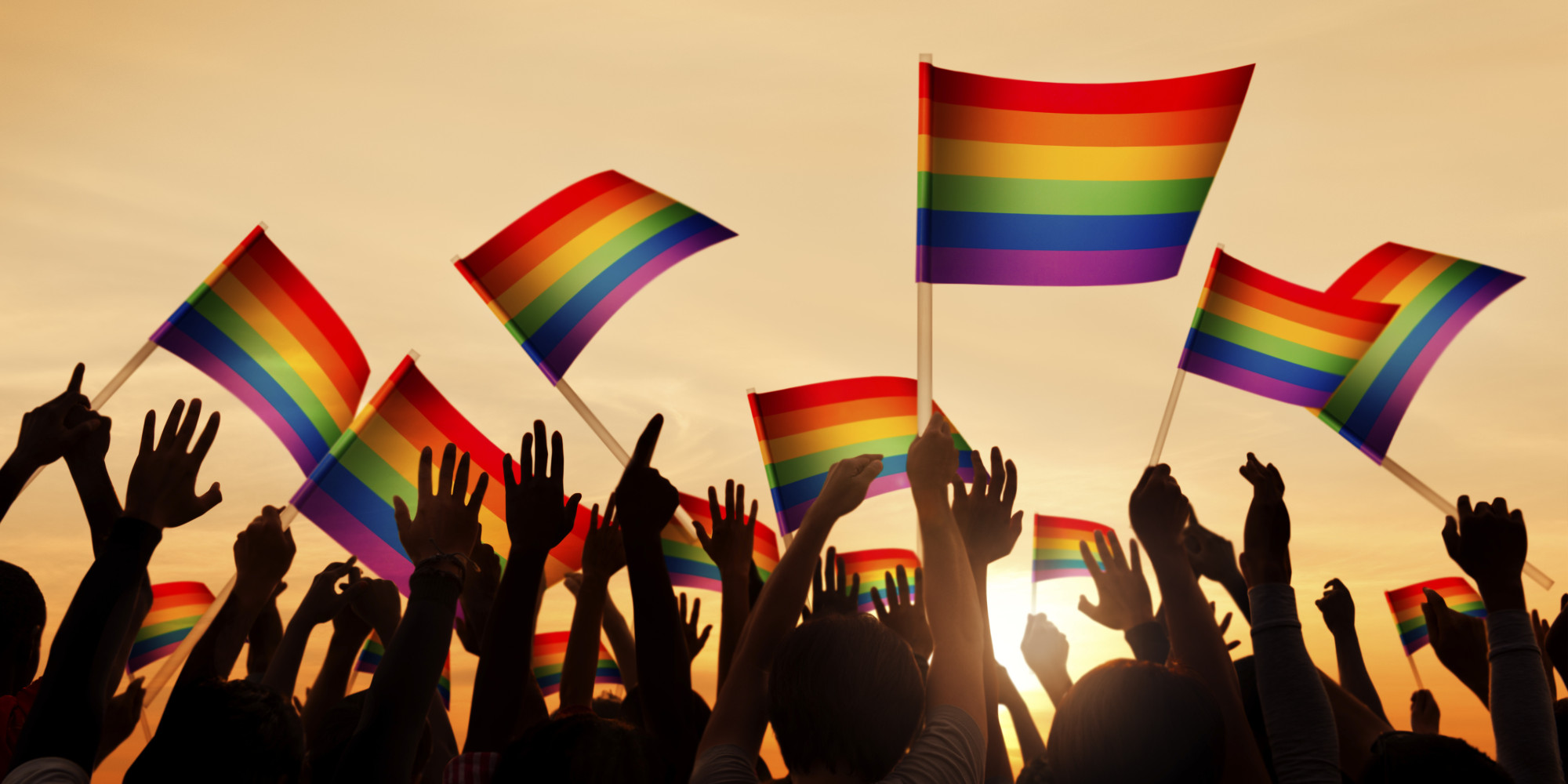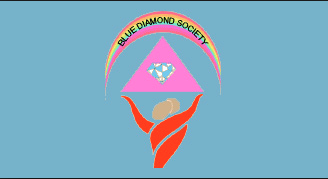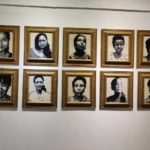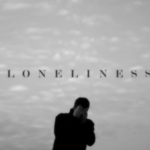About a week ago, India celebrated in joy with the decriminalization of homosexuality after long protests by sexual minority activists against Section 377 of the Indian Penal Code. The ruling of Section 377 as unconstitutional brought great hopes to the LGBTI (Lesbian, Gay, Bisexual, Transgender, and Intersex) groups, which have been time and again harassed by the common people due to the alleged “immorality” of their activities.
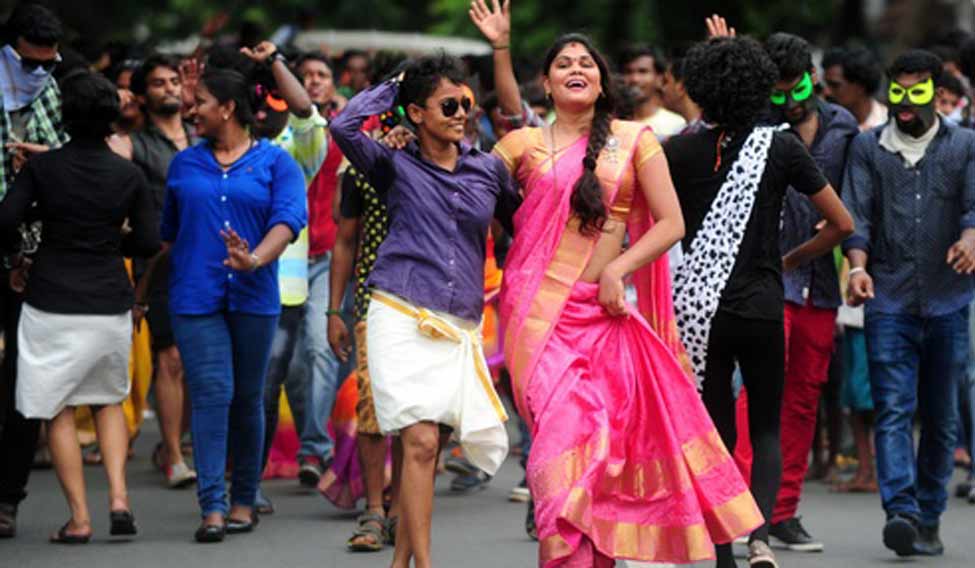
After about 70 years of independence, this Section of Constitution formulated by the British Raj in India has been outlawed. As of September 6, 2018, same-sex sexual activity has been legalized along with the formulation of anti-discriminatory laws in employment, provision of goods and services and all other areas. The decriminalization of homosexuality is considered to be the greatest achievement in gay rights for India.
While our neighboring country earned this right after decades of protests and activist movements, are we updated on the status of LGBTI rights in our own country Nepal?
Nepal has been praised worldwide for being one of the most progressive nations in terms of gender and sexual minorities’ rights. The Nepali Constitution has recognized LGBTI rights as fundamentals since the end of monarchy in 2007. The new Constitution formulated in 2007 for the newly democratic nation legalized homosexuality across the nation and introduced several laws in favor of the minority groups. Currently, Nepal can be counted as a nation to have some of the most open and liberal laws that expand over of multitude of rights for the LGBTI community.
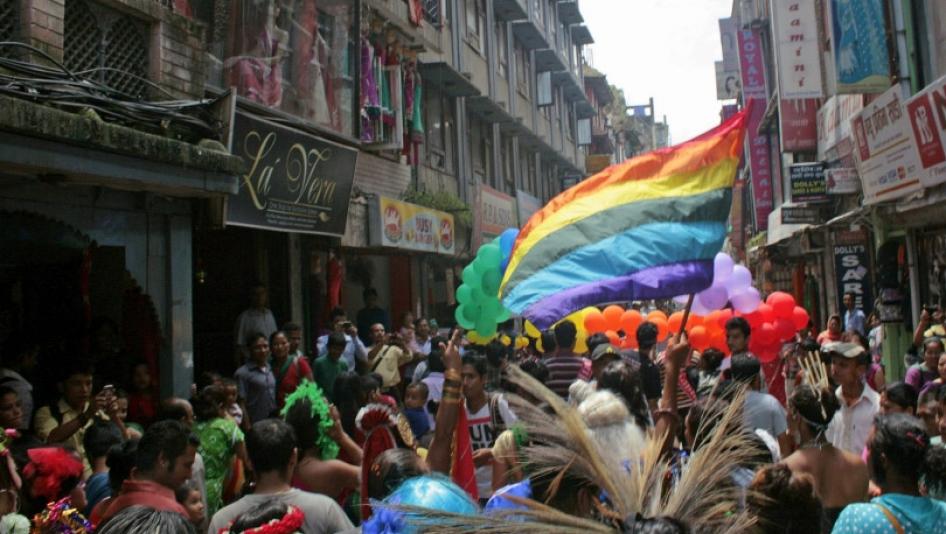
In Nepal, same-sex consensual intercourse has been declared legal since as early as 2007. Also, equal age of consent, permission to serve in the military openly and legal gender change options have been available since 2007 itself. During the political instability that Nepal struggled through for a couple of years due to lack of a Constitution, many petitions were made by LGBTI activists and support groups that allowed the inclusion of many more laws in the new Constitution of 2015. These laws include explicit provisions for the protection of citizen’s against discrimination on the basis of sexual orientation.
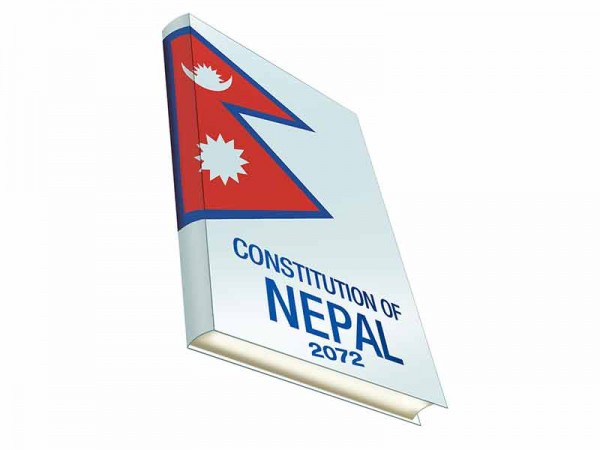
According to the new Constitution approved on 16th September 2015, the following rights for the LGBTI people have been formulated:
- The right to display their preferred gender on their identity cards.
- Prohibition of discrimination on the basis of sex or sexual orientation by State or anyone.
- Eligibility for special protection provided by law.
- Options to use substitution gender-neutral terms instead of terms like male, female, son and daughter.
- The right of access to State process and public services for gender and sexual minorities.
- Anti-discriminatory laws in employment, provision of goods and services and all other areas.
- LGBTI people among the disadvantaged groups recognized by the Constitution.
The LGBTI rights in Nepal have been liberal and open due to the contribution of various activist societies such as Blue Diamond Society, which has played a vital role in the political and sexual health upliftment of LGBTI people. As of 2018, a petition has been subjected to legalize same-sex marriage in Nepal. Former Prime Minister Dr. Babura Bhattarai urged the government to legalize same-sex marriage in August of 2018. The proposals for the legalization of same-sex marriage and same-sex couple recognition are in the process of drafting and hopefully will be passed soon. Gay pride is an annual event at Kathmandu in Nepal to encourage the acceptance of LGBTI people.
Nepal’s Education Board has implemented gender and sexual orientation studies regarding LGBTI in the syllabus of Grade 6-9, making it the second Asian nation to do so. The literacy rate among LGBTI people is low due to discrimination from fellow students and teachers in the form of bullying, derogatory remarks, etc. The health status of LGBTI in Nepal is considered weak with one-fifth of the people affected by HIV being MSM (Men having sex with Men) and vitro (lab) fertilization illegal for lesbian couples.
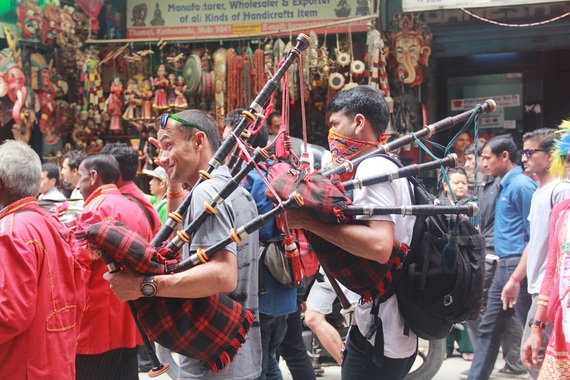
As progressive the laws of Nepal regarding LGBTI are, the mindset of the people is a huge concern for the community. The society still treats being an LGBTI member as an outcast and denies acceptance to it. Discrimination against LGBTI is widespread and people are forced to marry the member of opposite sex to fit into the society.
Despite the government fully supporting the LGBTI community in its fundamental rights, the society is on a different page than the law. When the people in the society do not want to follow the Constitution and will behave as per their beliefs, is there any law that can be considered truly progressive?
Let us know whether you think Nepal truly is progressive in terms of LGBTI rights or is it just a concept in papers?
